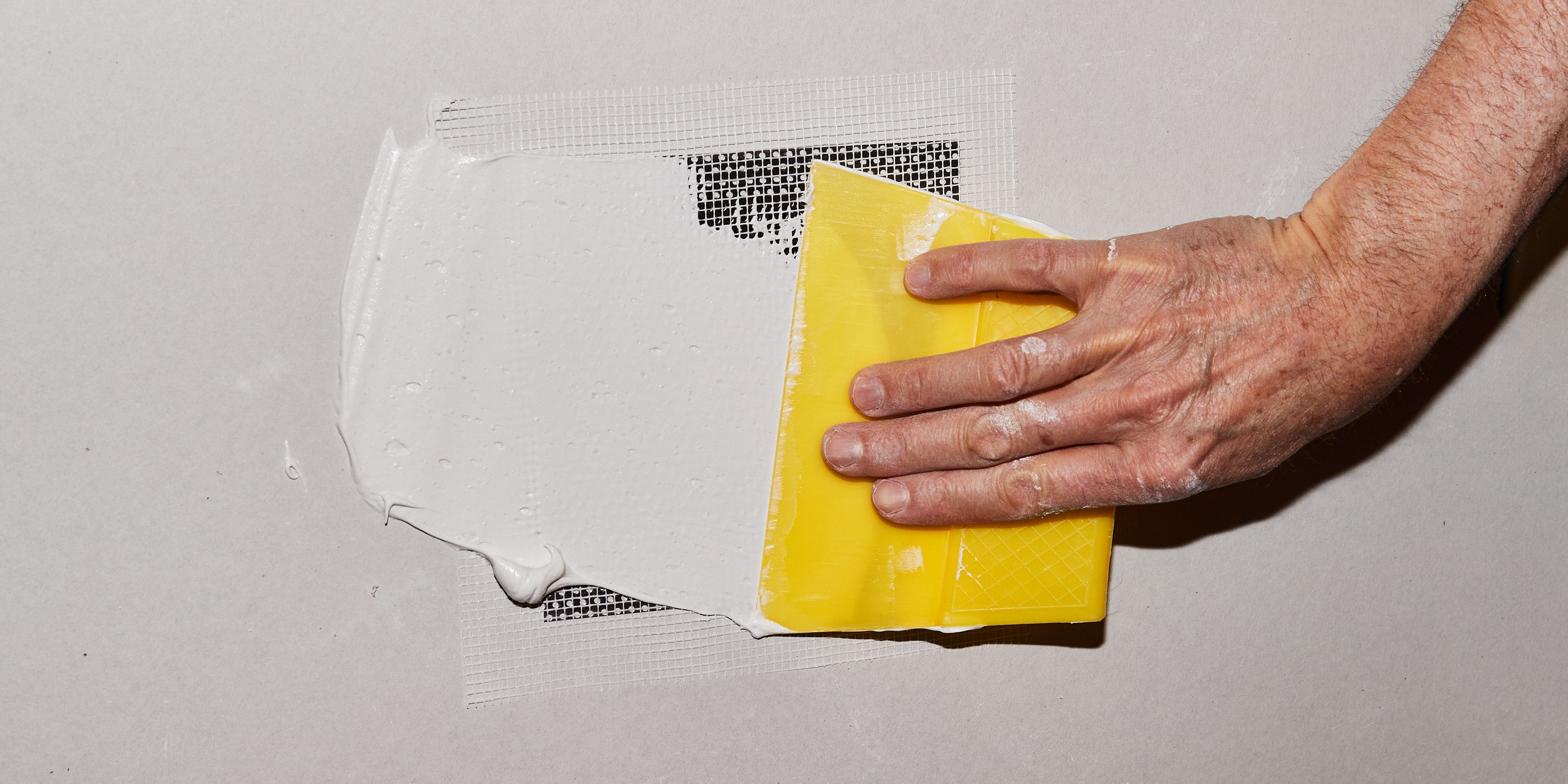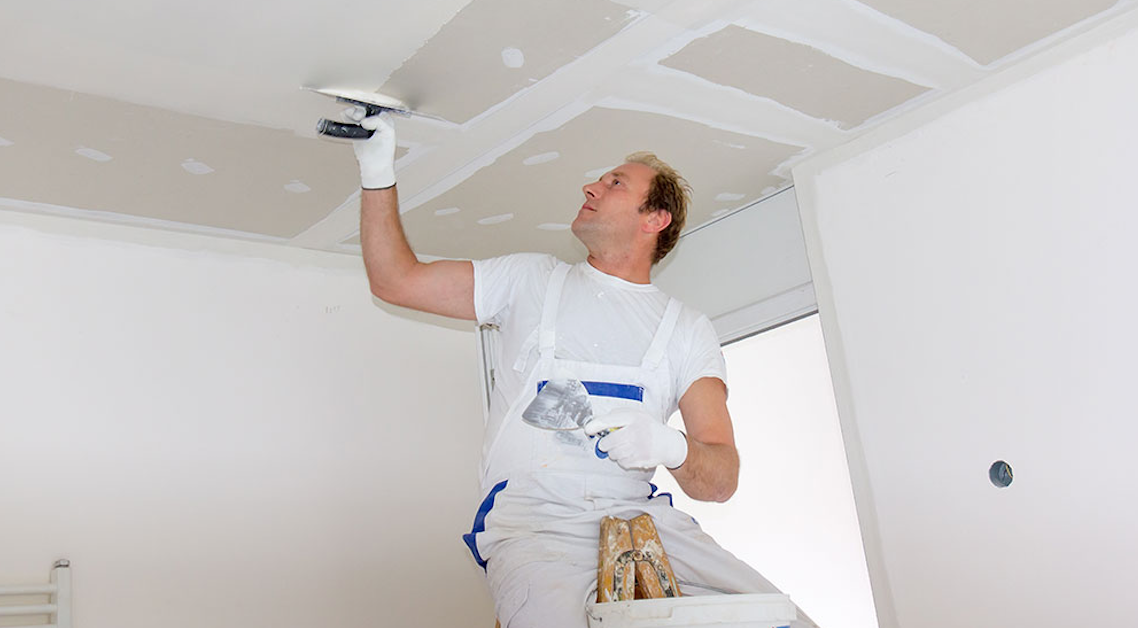Drywall can also be referred to as gypsumboard, or plasterboard, and is used for the construction of walls and ceilings for interior spaces. It is composed of an underlying layer of gypsum sandwiched between two layers of paper or fiberglass.Drywall may need to be repaired for a variety of reasons, which include:
Drywall cracks and holes could easily be caused by doorknobs, furniture as well as accidental collisions, even accidents.
Water damage: If the drywall is exposed to water it may get discolored, warped, or moldy.
The shifting or settlement of the foundation can cause cracks to form in the wall.
Ageing: With time, drywall can become brittle and begin to show cracks or holes.
There may be a need to cut holes in the wall to allow for plumbing or electrical work.
Drywall repair involves filling cracks or holes using joint compound, then sanding and painting the surrounding area. In the most extreme instances the entire drywall may need to be replaced. The homeowner should take care to fix any drywall problems immediately to prevent further damage and to keep the beauty of your house. Check out the recommended drywall calgary contractors blog for more tips including drywall and painting contractor, sheetrock company, drywall guys, drywall companies in my area, drywall repair company, commercial drywall contractors, drywall companies in my area, drywall contractors in my area, drywall repair company, drywall company near me and more.

What Happens To The Drywall And How Can It Be Fixed?
There are several procedures involved in the repair of drywall. They include framing insulation soundproofing, patching, mudding, as well as mudding, taping painting, and tape. The usual process is framing. Here's a quick overview: Framing. The framing can require repair or replacement in the event that the damage to the drywall is caused by structural problems.
Insulation After the framing is in place, insulation might need to be added to the wall cavity. This is crucial for walls that have exterior walls or walls which separate living spaces.
Soundproofing: If soundproofing is desired further layers of soundproofing material may be added between the framing material and the drywall. This can help limit the sound transmission between rooms.
You'll need to patch any damaged drywall after insulation, framing and soundproofing is completed. This could involve removal of the damaged area and replacing it by an entirely new piece.
Taping: Once the new drywall is installed, tape the joints between the two pieces to create a smooth surface. This is accomplished by applying joint tape to the joints, and then feathering the edges using joint compound.
Apply the joint compound once the tape has been placed. It will fill in any holes and smooth the surface. Joint compound could require application several times and each layer must be sanded between them.
Painting: When the joint compound is dry, and the surface smooth, it's time to apply paint in a matching color to the walls or rooms surrounding it. It might take several coats to achieve the desired result.
Remediating drywall can be difficult and time-consuming. But, by paying attention to the smallest of details and the right method you can make it look professional.

Tips And Recommendations For Choosing A Drywall Contractor
Choosing the right drywall contractor is crucial to ensure that the project will be completed on time, within budget and the highest standards. Here are some guidelines and suggestions for choosing the right drywall contractor. Request recommendations: Ask family members, friends or friends to suggest an expert. The most effective way to get contractors identified is through word-of-mouth recommendations.
Online research: Find reviews about local drywall businesses on Google, Yelp and other review sites. This will give you a an idea of their standing and their quality of work.
Credentials: Check that the contractor you hire is licensed, insured and bonded. This will safeguard you from any injuries or accidents that may occur during the construction.
Request estimates: At minimum, three estimates should be requested. This will give you an idea of the price range and flag any potential red flags.
Ask questions: Don’t be afraid to ask questions regarding the contractor's procedure or experience. Also, ask about the materials. Good contractors will be able to answer your questions and explain how they operate.
Be attentive to your the skills of communication. Choose a contractor who has good communication and flexibility. This will ensure that the project stays on track and that you are pleased with the outcome.
References: Request references and follow-up. This allows you to assess the contractor's professionalism and work quality.
You can find a competent, reliable, and qualified drywaller by following these guidelines.